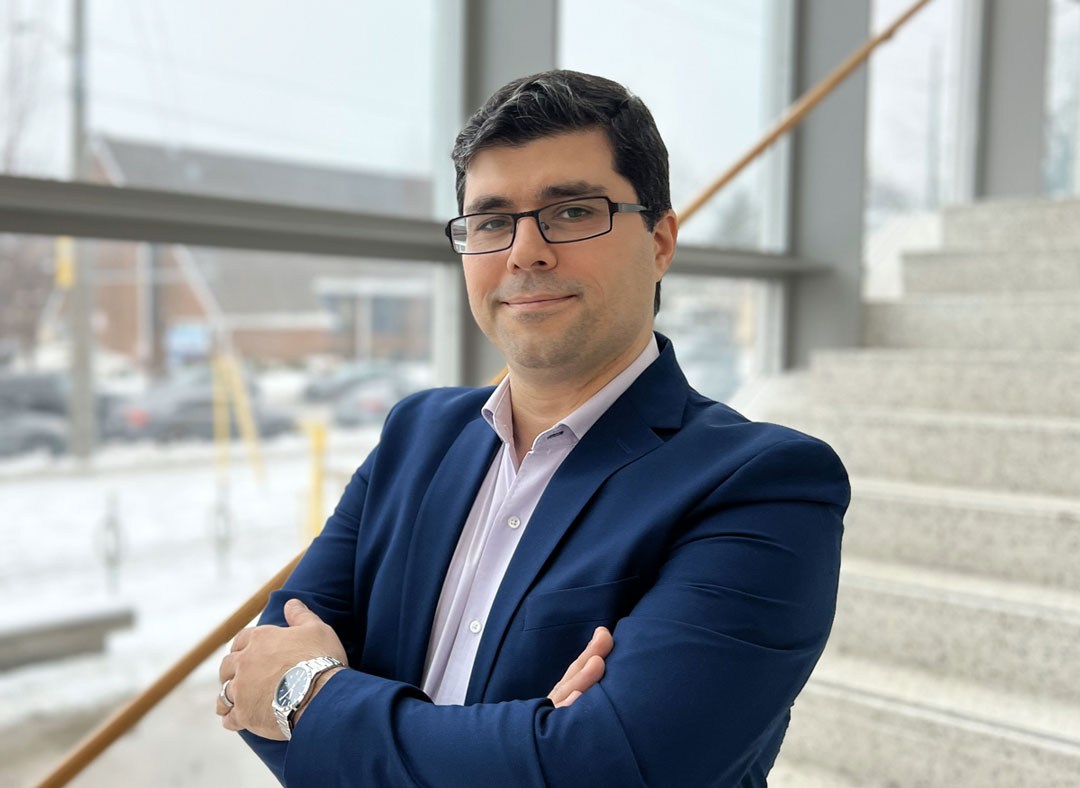The Future of AI, Humanity, and the Singularity: An Interview
Arash: Welcome. Today, we're exploring a topic that has captivated the imaginations of many: the future of artificial intelligence, its implications for humanity, and the concept of the singularity. We have with us an expert in AI and Life sciences Dr. Masoud Akhshik from the Autonomous and Intelligent Robotics Centre and The University of Toronto Department of Biology. To start, how do you see AI evolving in the next few decades?
Dr. MAk: Thank you for having me. AI is on a trajectory that could see it become more integrated into our daily lives, enhancing everything from healthcare and education to transportation and communication. In the next few decades, we expect AI systems to become more autonomous, and capable of complex decision-making and perhaps even creative thought processes. This evolution will likely be iterative, marked by significant breakthroughs in algorithms, computational power, and of course a better understanding of human intelligence.
Arash: Fascinating. And what do you believe are the main consequences of these advancements for humanity?
Dr. MAk: The implications are vast and varied. On the positive side, AI has the potential to solve some of the world's most important challenges, like climate change, disease, and inequality. It could automate mundane tasks, freeing humans to pursue more creative and fulfilling endeavors. However, there are also significant challenges, including job displacement, privacy concerns, and the ethical use of AI. We must navigate these waters carefully, ensuring that AI benefits all of humanity rather than worsening existing problems.
Arash: That leads us to the concept of the singularity—the point at which AI surpasses human intelligence. How do you perceive this concept, and do you believe it's a real possibility?
Dr. MAk: The singularity is a highly unpredictable concept, but it's grounded in real scientific and technological trends. If we continue to make rapid advances in AI, it's conceivable that we could reach a point where AI systems can improve themselves faster than humans can comprehend, or control and some scientists define it as a point where AI becomes self-aware. This would mark the singularity, fundamentally changing our relationship with technology and possibly even the nature of consciousness and intelligence.
However, predicting the timing of such an event is full of uncertainty. It requires not just technological advancements but also profound philosophical and ethical insights. Whether it's a real possibility hinges on our ability to continue innovating at an exponential rate and our willingness to confront the profound implications of our creations. Please bear in mind that AI can fake self-awareness, and this is not something new What I am talking about is the real singularity and before we arrive at that stage I believe there will be lots of AI-augmented human beings around.
Arash: With these considerations in mind, how should society prepare for the future you've outlined?
Dr. MAk: Preparation requires a multifaceted approach. Education systems should adapt to equip people with the skills needed in an AI-driven world, emphasizing critical thinking, creativity, and emotional intelligence. We also need robust ethical frameworks for AI development and deployment, ensuring these technologies are used responsibly and for the benefit of all. Furthermore, policymakers must engage with scientists, ethicists, and the public to create regulations that foster innovation while protecting society from potential harm.
Arash: Thank you for sharing your insights. It's clear that while the future of AI holds incredible promise, it also presents challenges that require thoughtful consideration and action from all parts of society.
Dr. MAk: Absolutely. The future of AI is not just a technological issue but a deeply human one. By working together, we can ensure that AI serves as a force for good, helping to create a more unbiassed, sustainable, and flourishing future for all of humanity.
Contact: Dr. Masoud Akhshik Autonomous and Intelligent Robotics Centre, University of Windsor Email: contact@DrMAk.prof
© Dr. Masoud Akhshik Ph.D. 2024.
